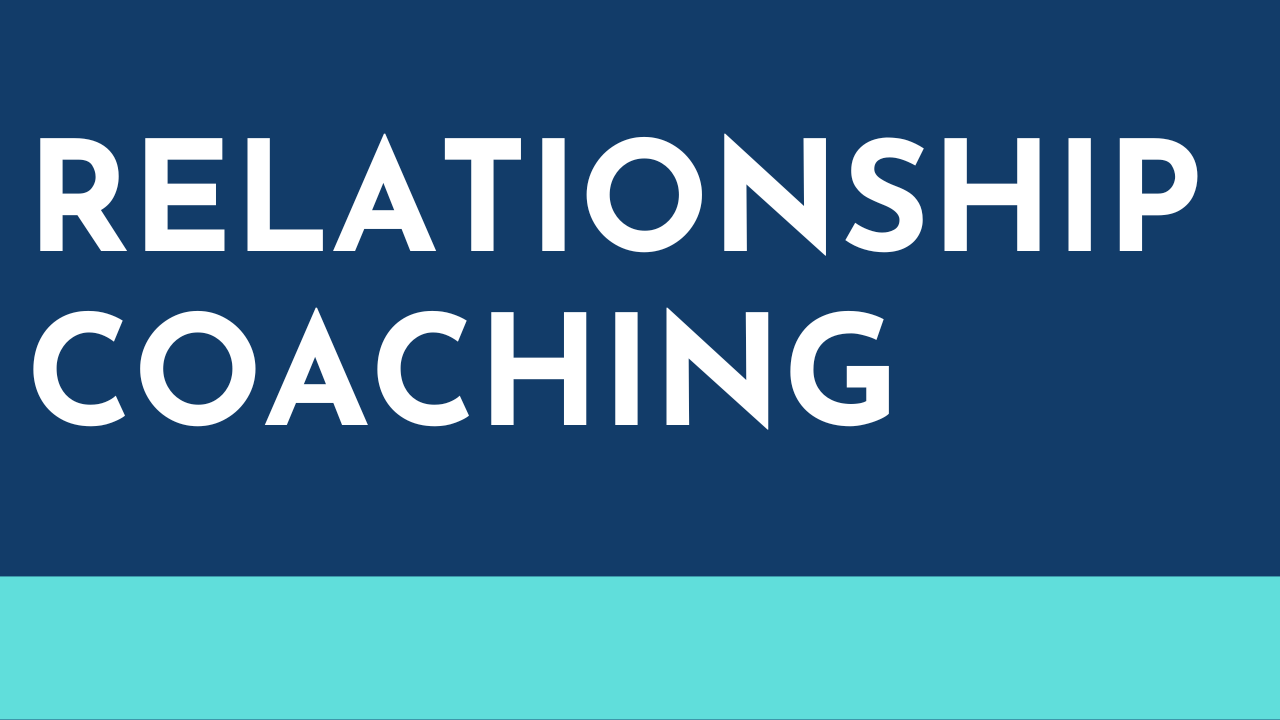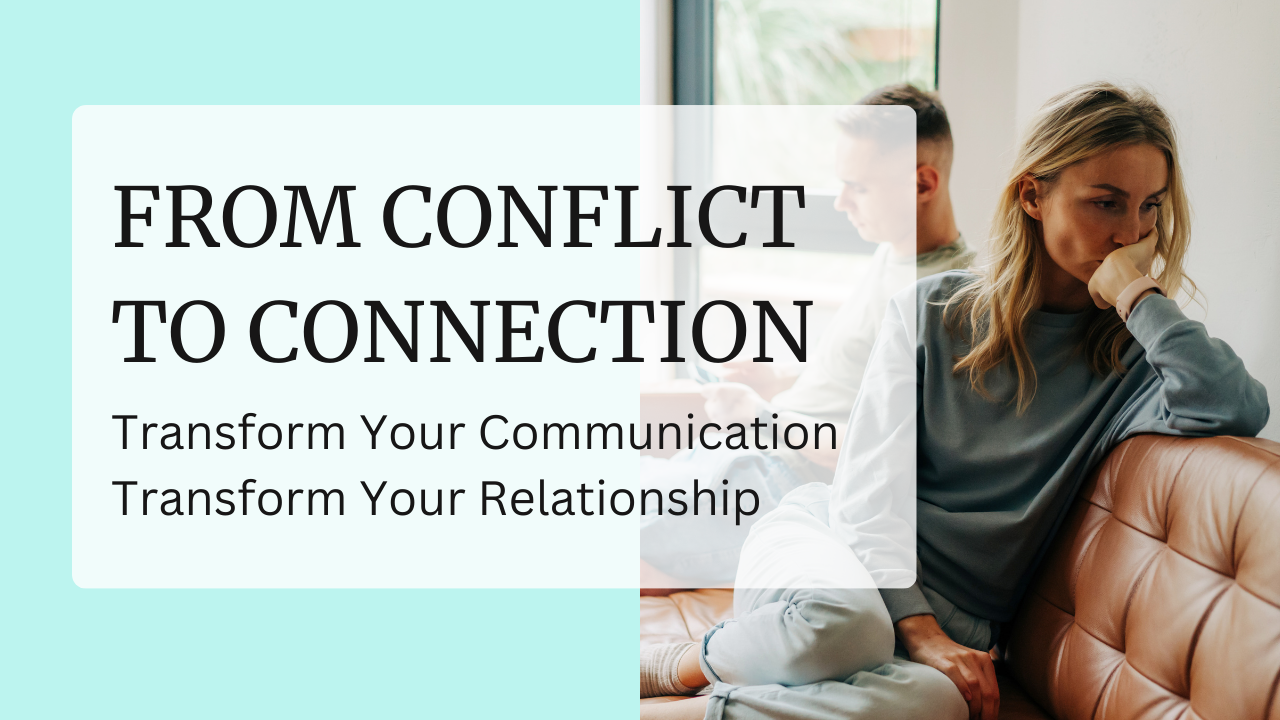32. We Can't Actually Control Our Partner
Hi, I'm Karyn, your couples therapist and relationship coach with *Better Relationship Coaching*. Today, I want to talk about a topic that comes up a lot: the idea of wanting to control our partner. Even if it’s not consciously acknowledged, many times we find ourselves trying to control our partner without even realizing it. This is a common misunderstanding in relationships—the belief that we can actually control someone else.
Often, we might try to change our partner, fix their problems, or get them to do something in a certain way. This illusion of control, however, often leads to frustration, resentment, and a breakdown in communication and connection. The reality is that we only have control over our own thoughts, feelings, and actions. Everything beyond that is out of our hands. Our partners are their own individuals with their own ability to control their thoughts, feelings, and actions—just as we can't force them to do things, they can't force us either.
When we try to make our partner conform to our expectations, not only is it ineffective, but it can also be disrespectful, depending on how we go about it. A major reason we fall into this trap is because of unrealistic expectations. We often assume that when we ask or tell our partner to do something, it will just happen. But when it doesn’t, we set ourselves up for disappointment.
So, it’s important to enter situations without rigid expectations. This mindset allows us to be more comfortable with whatever outcome arises. You might be thinking, "But what if something is really important to me and my partner isn't doing it?" This is a common challenge. In these cases, it’s essential to express why the request is important to you. Often, we make demands or requests without explaining the reason behind them. Saying something like, "This is important to me because [reason]" can make a big difference. For example, "It’s a work event, and I would really love your support," or "This is a family event, and it would mean a lot to me if you could be there."
It can be difficult to be vulnerable and express why something matters to us, but doing so can strengthen your communication. That said, there will be times when your partner still doesn’t do what you want—even if they understand why it’s important. And that’s okay. It’s important to remember that your partner has the right to say no sometimes. When this happens, you get to decide how you’ll take care of yourself and manage the disappointment.
This dynamic often plays out when we see our partner going through something, and we think, "If they just did it this way, it would be so much better!" Even with the best of intentions, they may still choose another path. It may not be as efficient, quick, or successful, but that’s okay. It’s their journey. While it’s hard to let go, it can also be liberating. You don’t have to take responsibility for making everything better or more efficient. You can offer help if it’s needed, but ultimately, your partner gets to make their own choices.
Whether the outcome is good or bad, you’ll be there to support your partner. And that's what matters most.
I hope this was helpful. Until next time, take care of yourself and take care of each other. Thanks!



